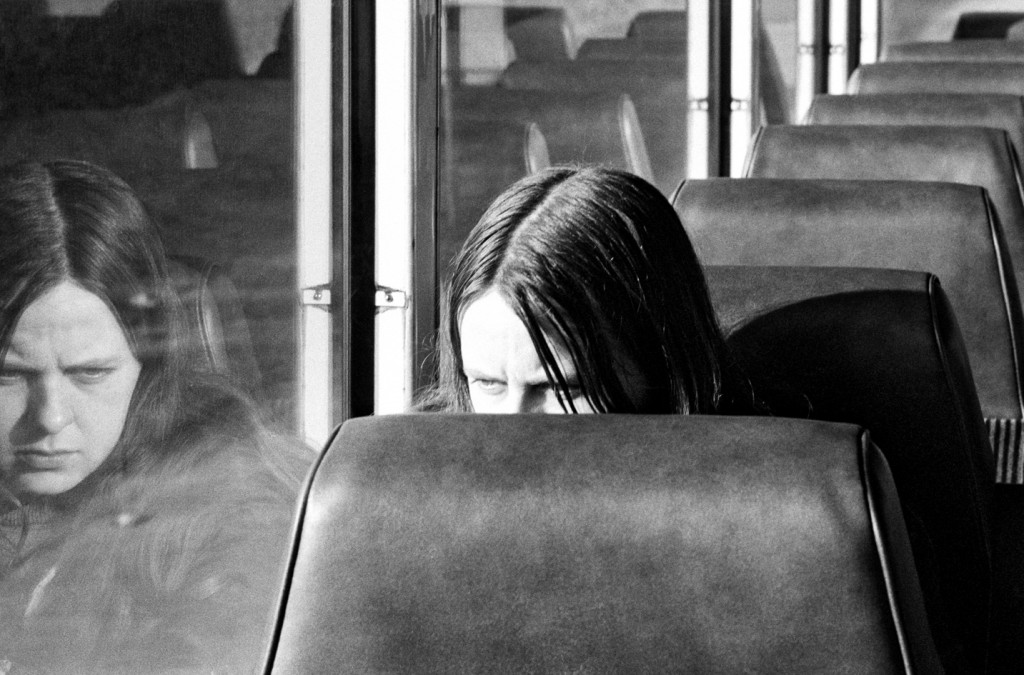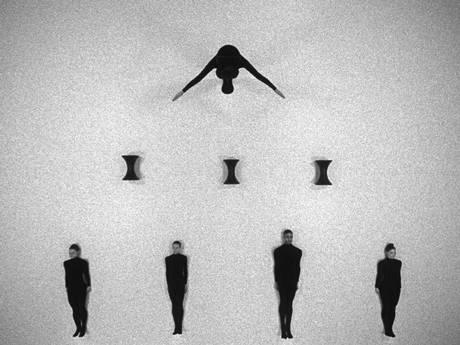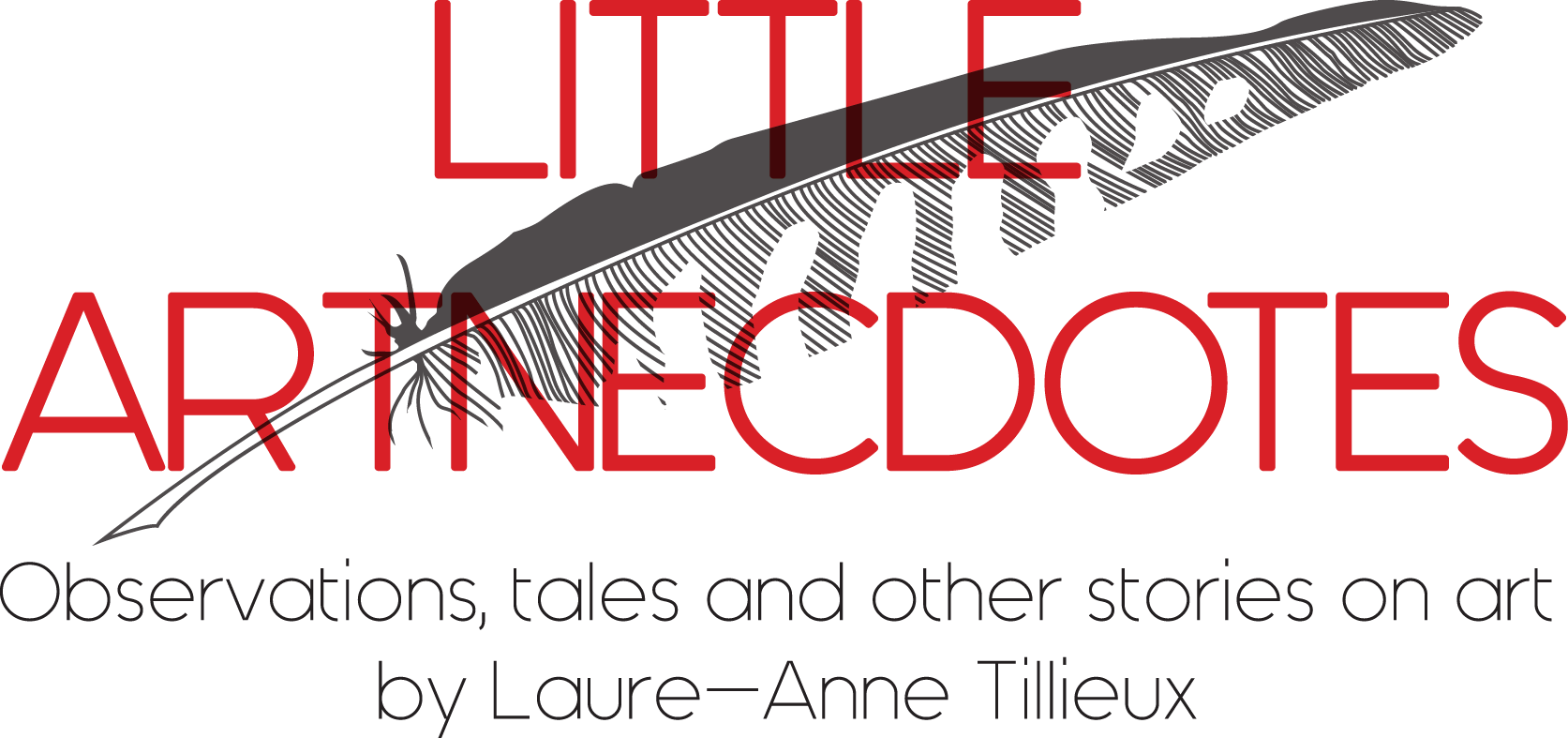
Documentary versus Campbell’s Documentary
This new post presents the third portrait in the Little artnecdotes series of Turner Prize 2014’s nominees, the Irish born Duncan Campbell (1972). The Glasgow-based video artist was nominated for his presentation ‘It for others’. He was one of the three artists who represented Scotland at the Venice Biennale in 2013 (together with Corin Sworn and Hayley Tompkins).
Campbell’s films are primarily concerned with themes related to history and the past. His effort and aim are to explore how political, social and personal narratives are relayed and preserved over time. He questions the degree to which documentary is fiction. However he also problematises the authority and integrity of cultural records. Found, official documentation and original footage are interwoven with the artist’s own construction of imagery. His films convey alternate portraits or stories, as a piece on Irish political activist Bernadette Devlin (Bernadette, 2008) or John DeLorean, the creator of the car famously featured in the 1985 feature film Back to the Future (Make it new John, 2009).
The starting point for the film quartet It for others (2013) is the critical film Les statues meurent aussi by Alain Resnais and Chris Marker.
Previously discussed on Little artnecdotes this documentary captures the objectification of historical African art and the effects colonialism has had on how it is perceived. Similarly Campbell’s film features a range of related artefacts and archival footage examining and questioning how artefacts and artworks are collected, displayed, exchanged or valued. This is followed by a choreographed sequence that was composed in collaboration with dancers of the Michael Clark Company, an English dance company founded by legendary dancer and choreographer Michael Clark. This sequence is captured from a bird’s-eye view and tries to present how value is accumulated (the dancers traces words, forms and equations with their movements which spells out ideas from Das Kapital of Karl Marx). Will Campbell’s own form of documentary narrative be the winner of this year’s Turner Prize?

Filmstill of It for others 2013. Courtesy Duncan Campbell and Rodeo Gallery
